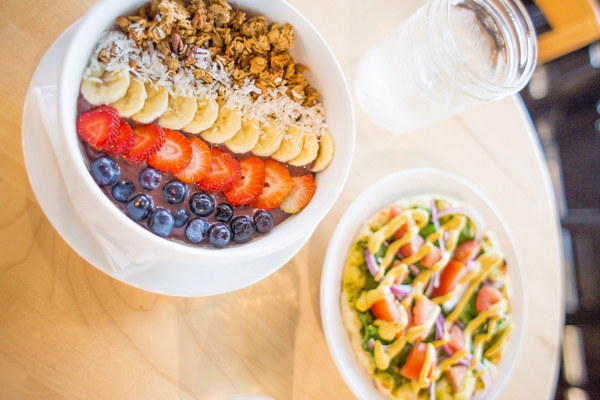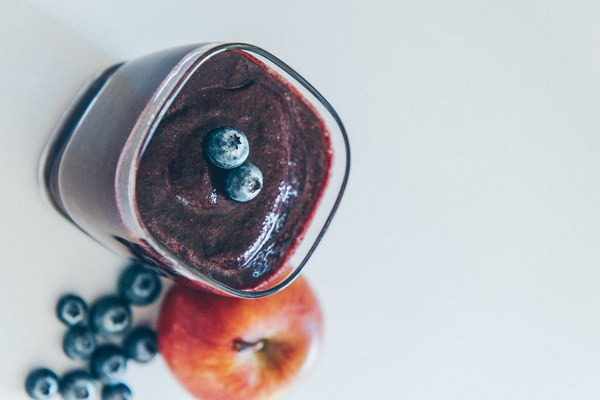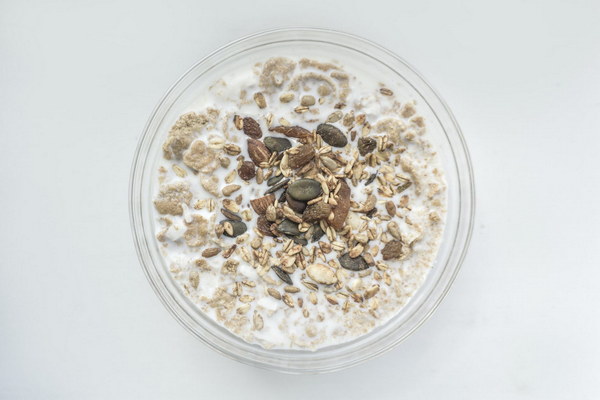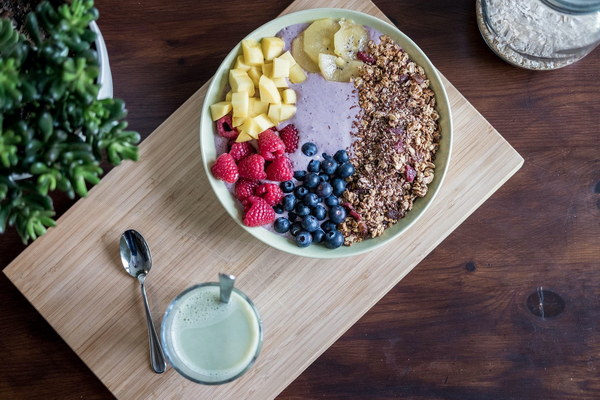Unlocking the Secrets How Fitness Athletes Master Diet Control
Introduction:

Diet control is an essential aspect of achieving fitness goals for athletes. Whether you're a professional athlete or a fitness enthusiast, maintaining a balanced and controlled diet is crucial for optimal performance and muscle growth. In this article, we will explore the secrets behind how fitness athletes master diet control and achieve their desired results.
1. Setting Clear Objectives:
The first step in mastering diet control is to set clear objectives. Fitness athletes understand the importance of defining their goals, whether it's to gain muscle mass, lose fat, or improve endurance. By having a clear understanding of their objectives, they can tailor their diet to meet their specific needs.
2. Caloric Intake:
Caloric intake is a fundamental aspect of diet control for fitness athletes. They carefully calculate their daily caloric needs based on factors such as age, gender, weight, height, and activity level. By consuming the right amount of calories, athletes ensure that they have enough energy for their workouts while avoiding excess fat storage.
3. Nutrient Balance:
A balanced diet is crucial for fitness athletes. They focus on consuming a variety of nutrients to support their training and recovery. This includes a good balance of macronutrients such as carbohydrates, proteins, and fats. Carbohydrates provide energy, proteins aid in muscle repair, and fats are essential for overall health.
4. Timing of Meals:
Timing plays a vital role in diet control for fitness athletes. They understand the importance of eating at specific times to optimize performance and recovery. For example, consuming a pre-workout meal rich in carbohydrates helps provide energy for the workout, while a post-workout meal rich in proteins aids in muscle repair.
5. Hydration:
Proper hydration is essential for fitness athletes. They ensure they are well-hydrated before, during, and after their workouts. Water is crucial for maintaining optimal performance, as it aids in nutrient transport, temperature regulation, and overall recovery.
6. Avoiding Unhealthy Foods:
Fitness athletes are mindful of the foods they consume. They steer clear of processed foods, high-sugar snacks, and empty calories that can hinder their progress. Instead, they focus on whole, nutritious foods that provide essential nutrients while promoting fitness goals.
7. Portion Control:
Portion control is a key factor in diet control for fitness athletes. They are conscious of their portion sizes and avoid overeating. This helps prevent unnecessary fat gain while ensuring they are consuming enough calories to support their training.
8. Listening to Their Body:
Fitness athletes pay attention to their body's signals. They listen to their hunger and fullness cues, avoiding both under-eating and overeating. They also monitor how different foods make them feel and adjust their diet accordingly.
9. Seeking Professional Advice:
Many fitness athletes seek guidance from nutritionists or dietitians to ensure they are on the right track. These professionals can provide personalized advice and help athletes create a diet plan that aligns with their fitness goals.
10. Consistency and Patience:
Lastly, fitness athletes understand that diet control is a long-term commitment. They maintain consistency in their diet and remain patient with their progress. Rome wasn't built in a day, and the same applies to achieving fitness goals through diet control.
Conclusion:
Mastering diet control is a crucial skill for fitness athletes. By setting clear objectives, maintaining a balanced and controlled diet, and staying consistent, athletes can achieve their fitness goals and optimize their performance. Remember, the journey to success is not just about the workout; it's equally about what you put into your body.









